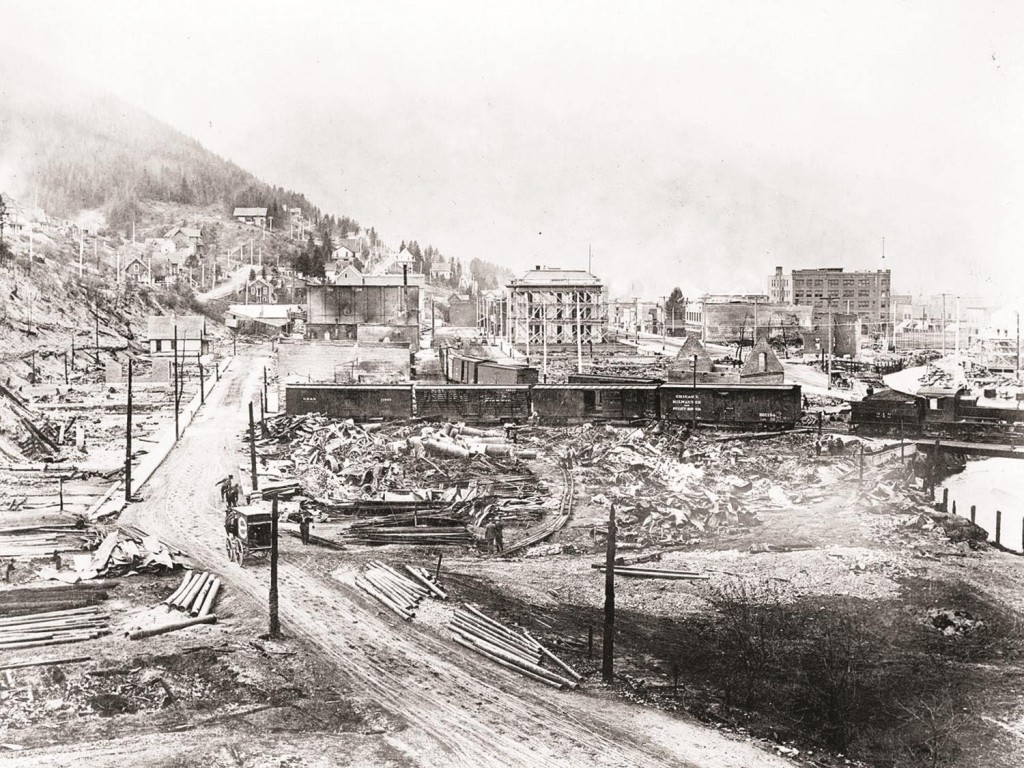This Day in History – 24 Av/August 20
According to Megillas Taanis, the Chashmona’im reinstated the rule of Jewish civil law, replacing the Hellenic secular law, and declared this day a Yom Tov. According to the Gemara (Bava Basra 115), however, this incident took place on 24 Teves.
Yahrtzeiten
5501/1741, Harav Aharon of Terbeli, zt”l, mechaber of Machneh Aharon
5588/1828, Harav Ephraim Zalman Margulies, zt”l, Rav of Brody
5699/1939, Harav Shalom Halperin, the first Vasloi Rebbe, zt”l

5670/1910
Harav Dovid Ortinberg of Berditchev, zt”l, the Tehillah L’Dovid
Harav Dovid Ortinberg was the son of Harav Yisrael Tzvi, a descendant of Harav Zev Wolf of Zhitomir, the Ohr HaMeir, and of the inner group of Chassidim of the Saraf of Strelisk.
After the petirah of the Strelisker Rebbe, Reb Yisrael Tzvi traveled to the court of the Ruzhiner Rebbe. His son Reb Dudia, as he was called, was a devoted Chassid of the Ruzhiner and later of his children.
Shortly after his marriage, he was asked by the kehillah of Berditchev to serve as Dayan in their city. This was a prestigious position: the city was home to many talmidei chachamim, and it was just 40 years since the petirah of the Kedushas Levi of Berditchev, whose influence was still strongly felt. (After the petirah of the Kedushas Levi, no one was ever named Rav of Berditchev. He could be called Rav or Dayan, but not Rav of the city; no one could replace the Kedushas Levi.)
Even as Rav, Reb Dudia continued to travel to the Ruzhiner Rebbe and, after his petirah, to his son Harav Avraham Yaakov, the Sadigura Rebbe and, later, to the Boyaner Rebbe. He was noted for his utter bittul to his Rebbes, despite his being a Rav, or, as some Chassidim said, because he was a Rav and talmid chacham.
Reb Dudia wrote several well-known Halachah sefarim: Tehillah L’Dovid on hilchos Shabbos and Shoham V’Yoshpeh on the Rambam.
Niftar on 24 Av 5670/1910, he was buried in Berditchev.
Zecher tzaddik livrachah.

The firestorm burned over two days and killed 87 people, mostly firefighters. (National Photo Company – U.S. Library of Congress)
August 20
In 1833, Benjamin Harrison, 23rd president of the United States, was born in North Bend, Ohio.
In 1866, President Andrew Johnson formally declared the Civil War over, months after fighting had stopped.
In 1910, a series of forest fires swept through parts of Idaho, Montana and Washington, killing at least 85 people and burning some 3 million acres.
In 1914, German forces occupied Brussels, Belgium, during World War I.
In 1940, during World War II, British Prime Minister Winston Churchill paid tribute to the Royal Air Force before the House of Commons, saying, “Never in the field of human conflict was so much owed by so many to so few.”
In 1953, the Soviet Union publicly acknowledged it had tested a hydrogen bomb.
In 1964, President Lyndon B. Johnson signed the Economic Opportunity Act, a nearly $1 billion anti-poverty measure.
In 1968, the Soviet Union and other Warsaw Pact nations began invading Czechoslovakia to crush the “Prague Spring” liberalization drive.
In 1977, the U.S. launched Voyager 2, an unmanned spacecraft carrying a 12-inch copper phonograph record containing greetings in dozens of languages, samples of music and sounds of nature.
In 1994, Benjamin Chavis Jr. was fired as head of the NAACP after a turbulent 16-month tenure.
To Read The Full Story
Are you already a subscriber?
Click "Sign In" to log in!

Become a Web Subscriber
Click “Subscribe” below to begin the process of becoming a new subscriber.

Become a Print + Web Subscriber
Click “Subscribe” below to begin the process of becoming a new subscriber.

Renew Print + Web Subscription
Click “Renew Subscription” below to begin the process of renewing your subscription.



